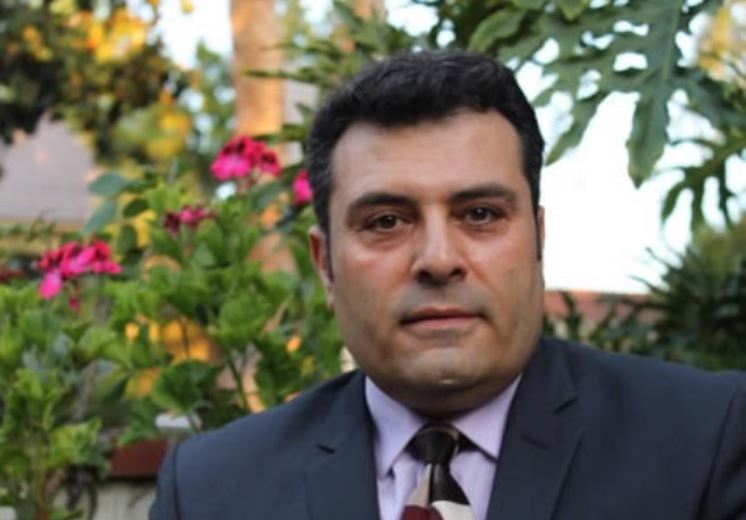By Dr. Prof. M. Mkhitar Moradian
A decade ago, on June 13th, human genes were set free from captivity. Their crime: “To be Priceless.”
It is the 10th anniversary of the Association of American Pathology (AMP) vs Myriad Genetics, a case in which the U.S. Supreme Court invalidated patents on human genes. Without AMP v. Myriad, we would not have been able to move forward with large-scale sequencing and the precision medicine revolution.
As you are aware, genes control almost every chemical reaction in us, thus patenting them gave a great advantage to companies that were granted patent privileges. However, this process was flawed from the beginning. The patent law clearly states biological or natural compounds cannot be patented, just like water cannot be patented. But Myriad Genetics successfully argued extracted DNA is not present in nature; therefore, it should be considered an innovation.
Although we may find this claim ridiculous, the patent office did not and granted patent rights to Myriad Genetics for the BRCA1 and BRCA2 genes. So, for several years Myriad Genetics did not allow other laboratories to test for these genes, which turned out to be an extremely profitable venture for the company. However, this monopoly gradually resulted in patient complaints, especially when patients wanted to have their samples tested in another laboratory for a second time. I remember reading a quote from a patient in a newspaper that said: “I don’t understand does Myriad own the genes in my body?” A very fair question.
Over time more issues started arising. With the advent of panel testing and innovative technology like Next Generation Sequencing (NGS), it became extremely difficult to control the panel content, which included BRCA1 and BRCA2 genes. Some laboratories concluded since they were testing a panel of genes, not BRCA1 and BRCA2 alone and/or they were using NGS methodology, which was different from what Myriad Genetics used, they were able to bypass the patent. Consequently, several lawsuits were filed, and Myriad Genetics maintained its patent rights until the scientific and clinical community decided “enough was enough.” How can a human gene which has been inside every single cell in our body for millions of years belong to a company to test, manage, and decide its faith?
Eventually, the AMP vs Myriad Genetics case went to the U.S. Supreme Court and its Justices unanimously invalidated the patents on human genes. It was a great victory not only for the scientific and clinical community, but for all human beings and patients alike. Finally, human genes were set free, every institution and laboratory could now test for any human genes without fear of patent infringement. In addition, the cost of testing dropped from thousands of dollars to hundreds, a significant cost avoidance for the healthcare industry. In the past decade Genetic Testing expansion has exploded with the industry growing so rapidly that many laboratories are having a tough time keeping up with the new testing. Previously testing belonging primarily to clinical Genetics expanded to several other medical subspecialties, to a point that almost all of them now utilize Genetic testing to diagnose, screen, monitor, and treat their patients.
Countless hours were spent by AMP members, lawyers, and others in the scientific community to take this case through an extraordinarily complex litigation process. Each one of them deserve our applause, our thanks, and gratitude of all the people whose lives improved and impacted by this decision. It would have been easy to capitulate after losing the Myriad Genetics appeal of the trial court decision. However, they did not, they fought on and as a result everyone is better off.
A celebration is called for, but at the same time we need to remain vigilant. Powerful forces are working behind the scenes to roll back this landmark decision as well as others who put corporate interests over those of our patients. Regulatory agencies attempt to limit innovation by clinical laboratories is another looming threat. As we celebrate this momentous occasion, we must also prepare for the battles to come.
Dr. Moradian is a Molecular Geneticist and a member of the Association for Molecular Pathology (AMP).




